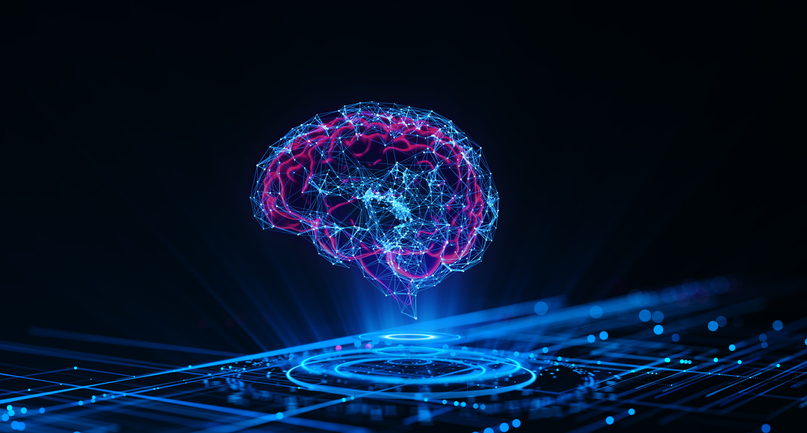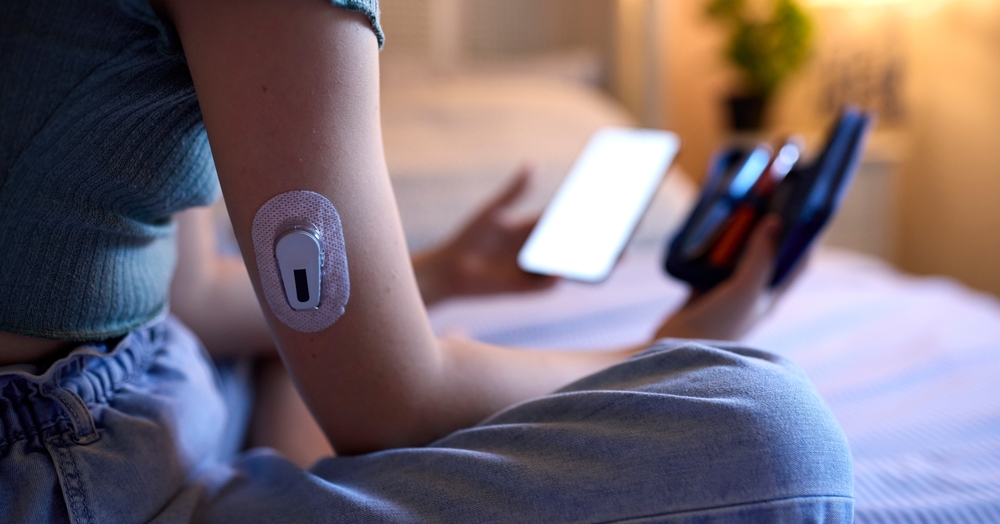
A flagship dataset of biomarkers and factors that may influence the development of type 2 diabetes (T2D) called the Artificial Intelligence Ready and Equitable Atlas for Diabetes Insights (AI-READI) was published in Nature Metabolism on November 8 by the AI-READI Consortium, further expanding the tapestry of information available on individuals without diabetes and with various stages of the disease, which is a research focus different from the ones that previously analyzed T2D development.
The data collected by the research group, including survey responses, depression scales, eye-imaging scans, and traditional measures of glucose and other biologic variables, are intended to be mined by artificial intelligence to provide novel insight into the risk, preventive strategies, and pathways of T2D. The vastness of data aims to also gather health information from a more racially and ethnically diverse population than previously measured, thus providing a strong technical and ethical ground for AI data mining.
Cecilia S. Lee, MD, program director of AI-READI, expressed excitement about the quality of data, which, so far, includes 1,067 people–just 25% of the study’s total expected enrollees. The pilot data release during summer 2024 involved 204 participants and has been downloaded by more than 110 research organizations worldwide so far.
At the study sites in Seattle, WA; San Diego, CA; and Birmingham, AL, recruiters are collectively enrolling 4,000 participants with inclusion criteria to promote inclusion in:
- Race/ethnicity (1,000 each: White, Black, Hispanic, and Asian)
- Disease severity (1,000 each: no diabetes, prediabetes, medication/non-insulin-controlled, and insulin-controlled type 2 diabetes)
- Sex (equal male/female split)
Aaron Y. Lee, MD, the project’s principal investigator, noted that by collecting more deeply characterizing data from an array of people, the AI-READI research group hopes to create pseudo health histories of how a person might progress from disease to full health and vice versa.
An example of the depth the AI-READI group aims to bring to the understanding of diabetes development is factoring data from a customized environmental sensor in participants’ homes show a clear association between disease state and exposure to tiny particles of pollution.
“Conventionally scientists are examining pathogenesis — how people become diseased — and risk factors,” Aaron Lee said. “We want our datasets to also be studied for salutogenesis, or factors that contribute to health. So if your diabetes gets better, what factors might be contributing to that? We expect that the flagship dataset will lead to novel discoveries about type 2 diabetes in both of these ways.”







 © 2025 Mashup Media, LLC, a Formedics Property. All Rights Reserved.
© 2025 Mashup Media, LLC, a Formedics Property. All Rights Reserved.